
AeroGenie — あなたのインテリジェントな副操縦士。
現在のトレンド
Categories
Delta Air Lines Nears Deal for Boeing 787 Aircraft
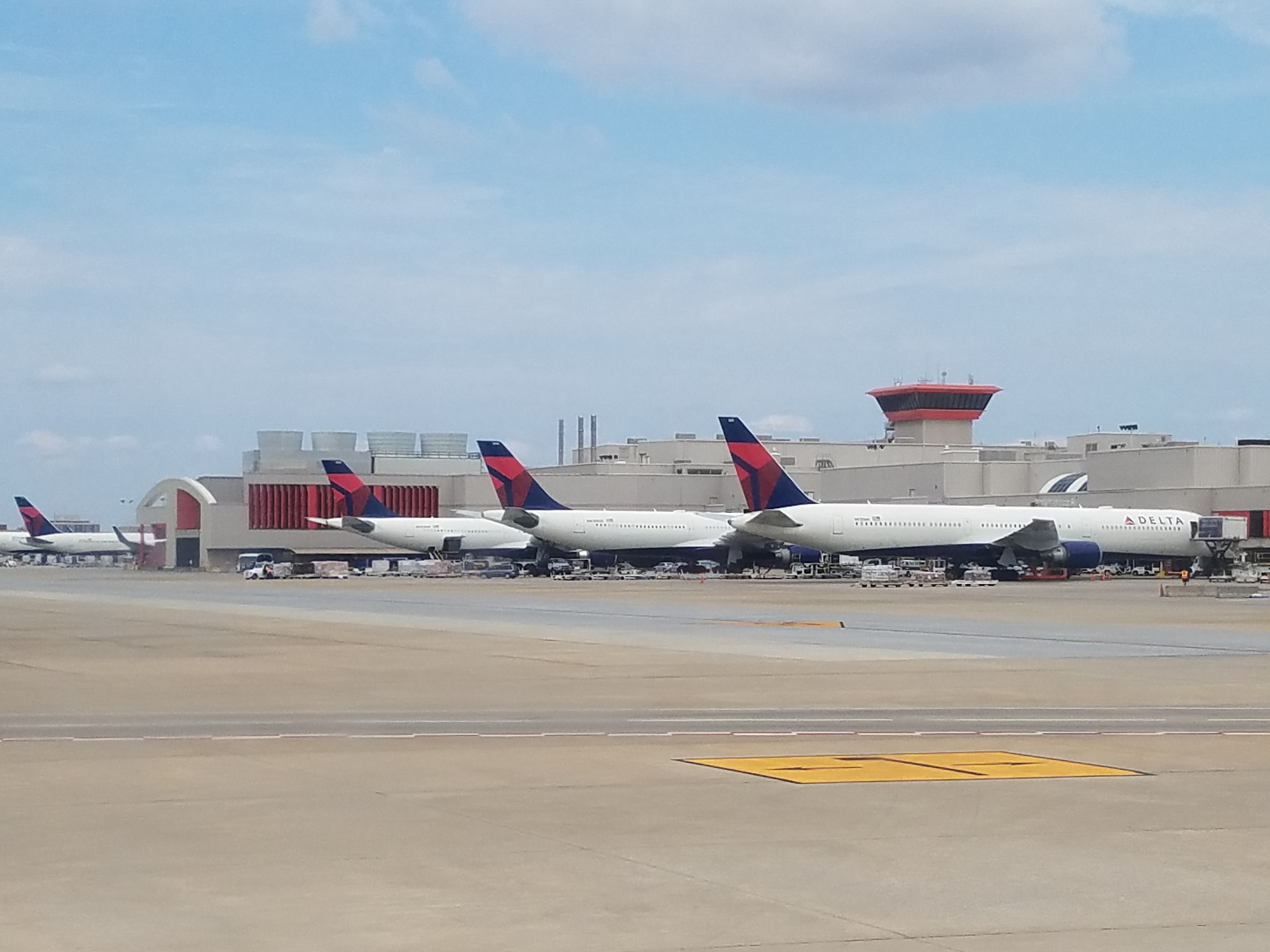
Delta Air Lines Nears Agreement to Acquire Boeing 787 Aircraft
Delta Air Lines is reportedly on the verge of finalizing an order for Boeing 787 aircraft, signaling a notable evolution in its long-haul fleet strategy. The Atlanta-based carrier, which earlier this year placed an order for up to 40 Airbus A350s scheduled for delivery between 2025 and 2027, appears intent on further diversifying its widebody fleet. The incoming Airbus jets are expected to feature upgraded business class suites, underscoring Delta’s continued emphasis on enhancing its premium cabin experience.
Strategic Fleet Diversification Amid Industry Constraints
According to industry sources, including aviation analyst JonNYC, Delta’s Boeing 787 order could be publicly announced by late 2025 or early 2026, with the 787-10 variant identified as the probable selection. This decision reflects Delta’s effort to balance its aircraft portfolio amid constrained production capacities at both Airbus and Boeing, whose delivery schedules are largely booked well into the next decade.
Delta has long been recognized for its rigorous negotiation tactics with aircraft manufacturers, often securing advantageous terms. While the airline historically favored acquiring used Boeing jets, recent years have seen an expansion of its partnership with the U.S. manufacturer, particularly as Boeing offers competitive incentives to reclaim market share.
Challenges Facing Boeing and Competitive Dynamics
The prospective deal arrives at a challenging juncture for Boeing. The company is currently under intensified international scrutiny following the Air India crash, which has prompted heightened safety inspections and regulatory reviews of the 787 model. These developments may pose additional obstacles for Delta, both in securing regulatory approvals and managing public perception. Concerns among passengers and investors regarding the safety of Boeing’s widebody aircraft could influence demand and contribute to share price volatility.
Competitors are closely monitoring the situation. Airlines such as Alaska Airlines may seek to exploit any difficulties faced by Delta by expanding their international route networks or emphasizing their use of alternative aircraft types. Meanwhile, Airbus continues to consolidate its market position, recently securing a significant order from Riyadh Air, which may divert attention and market share away from Boeing.
Despite these headwinds, Delta’s approach reflects the realities of a constrained aircraft market. With both major manufacturers grappling with production backlogs, large carriers like Delta and American Airlines are leveraging their scale to secure delivery slots and negotiate favorable terms. By distributing orders between Airbus and Boeing, Delta aims to mitigate risk and ensure timely fleet renewal amid ongoing supply chain challenges.
As the industry awaits an official announcement from Delta, the outcome of this deal will be closely scrutinized for its implications on competitive dynamics, passenger confidence, and the enduring rivalry between the world’s two largest aircraft manufacturers.

Cabin Interior Delays Continue to Affect Jet Deliveries
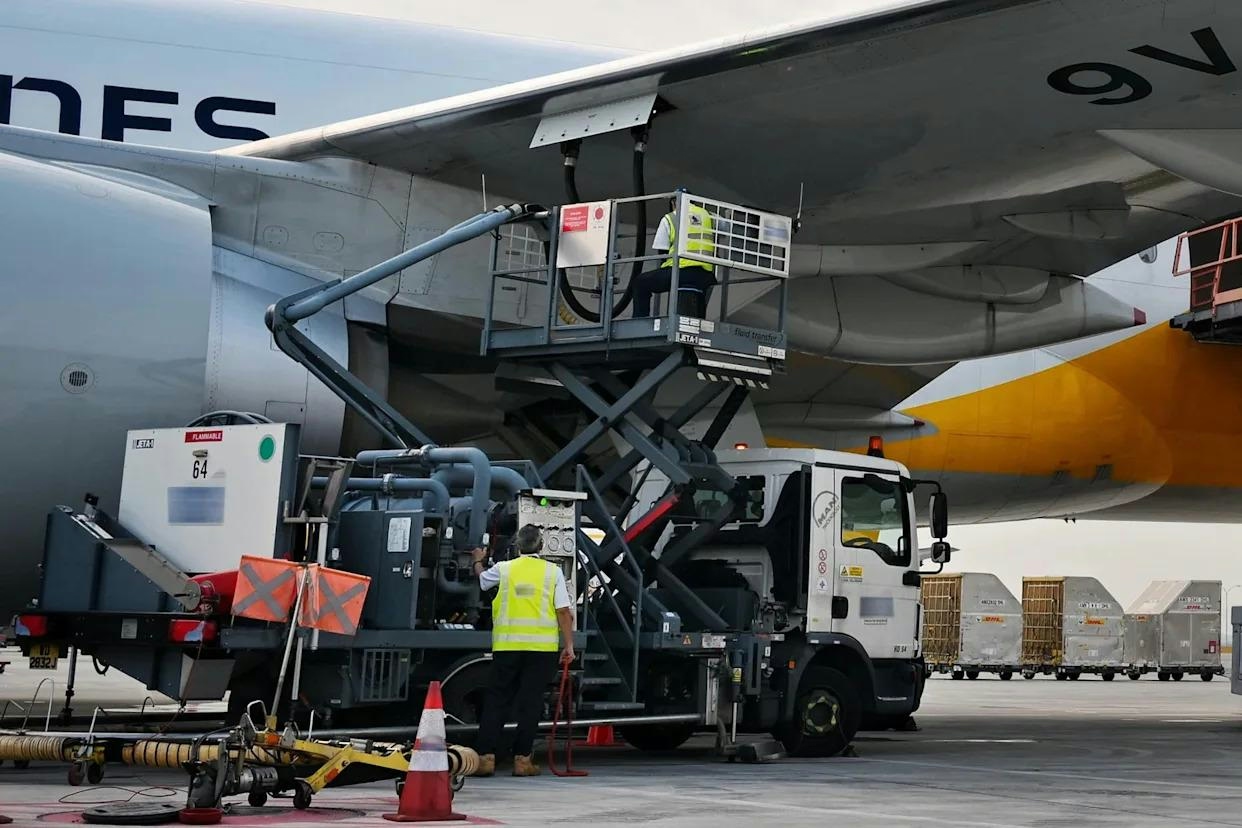
India Faces Fuel and Financing Challenges in Competing with Dubai and Singapore's Aviation Sectors
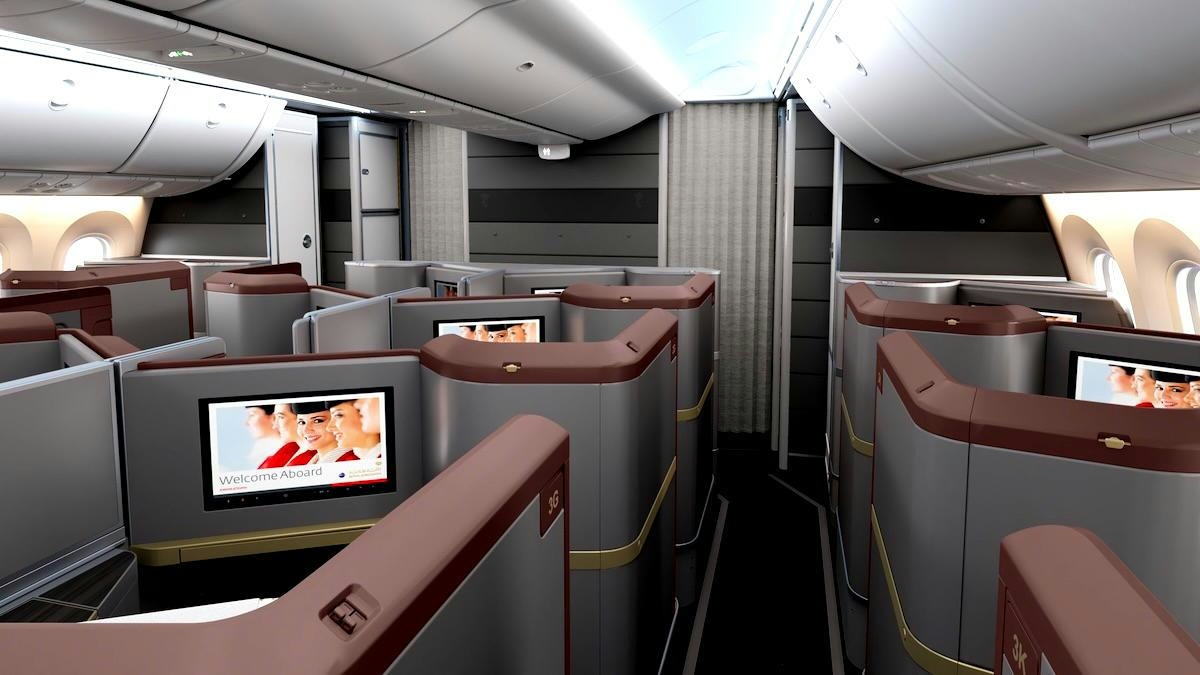
Royal Jordanian to Refurbish Boeing 787-8 Fleet
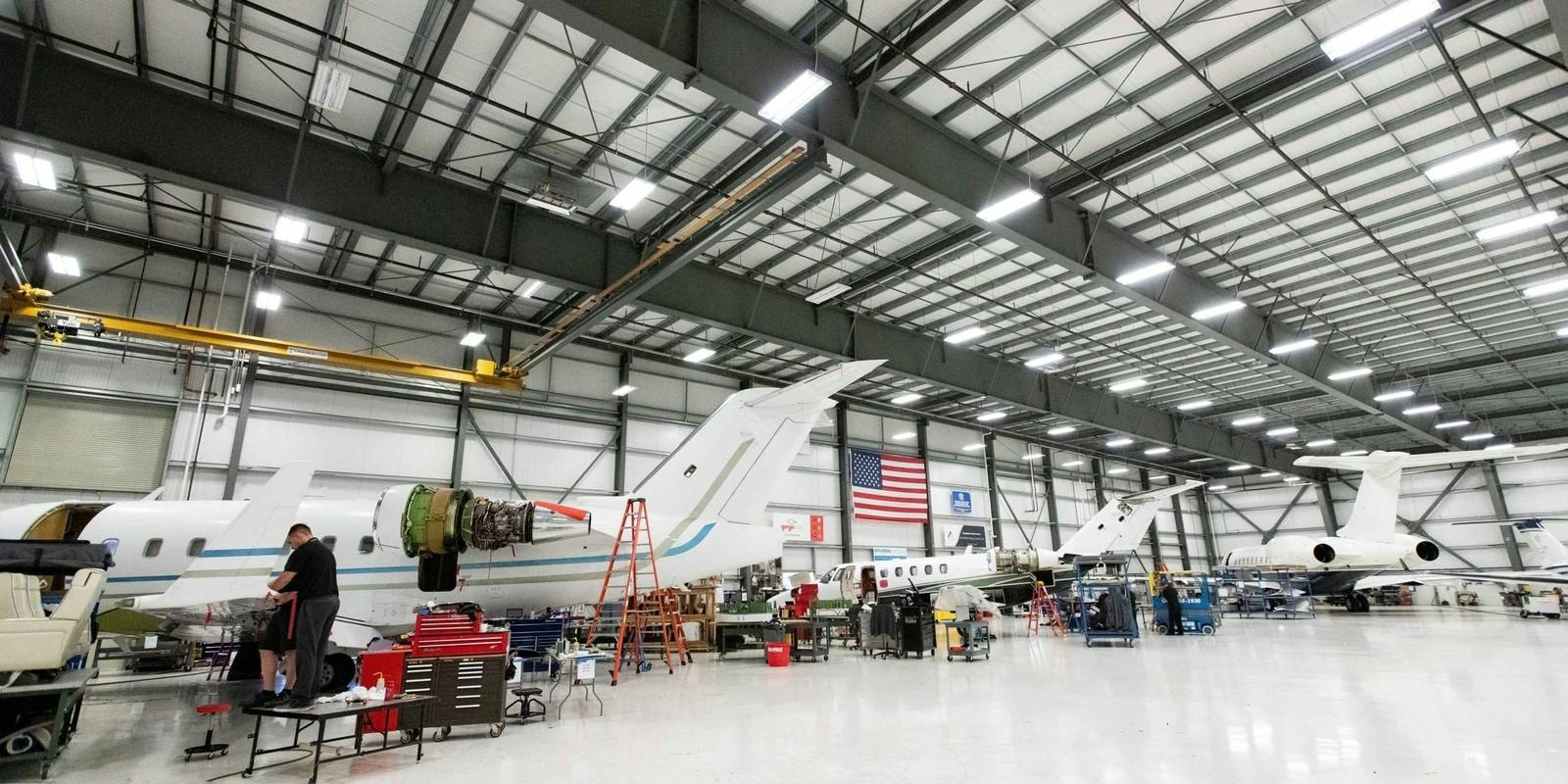
Expert Calls for Policy Reform to Boost Local MRO Investment and Reduce $1 Billion Maintenance Costs
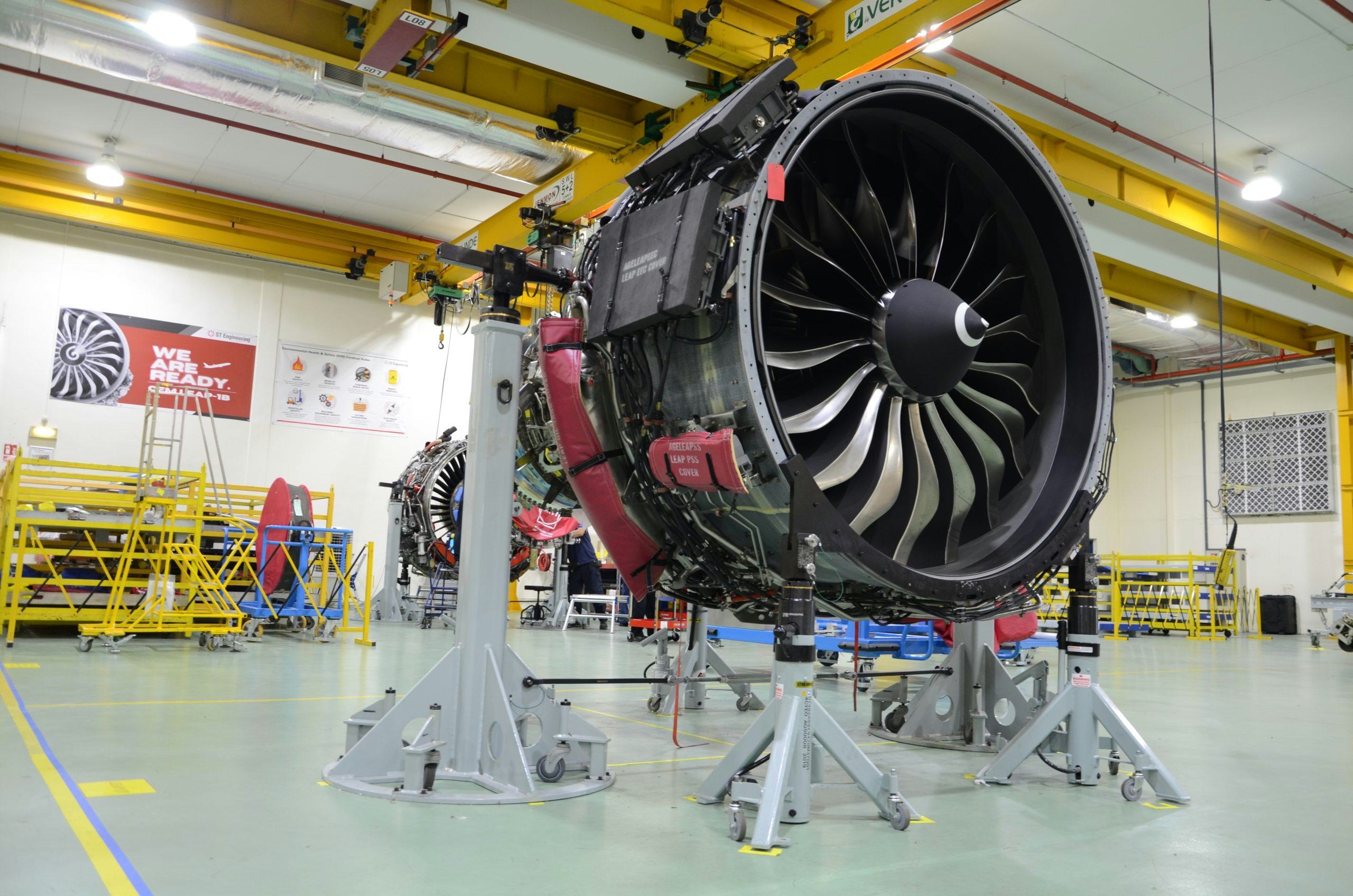
MRO Update: October 21, 2025
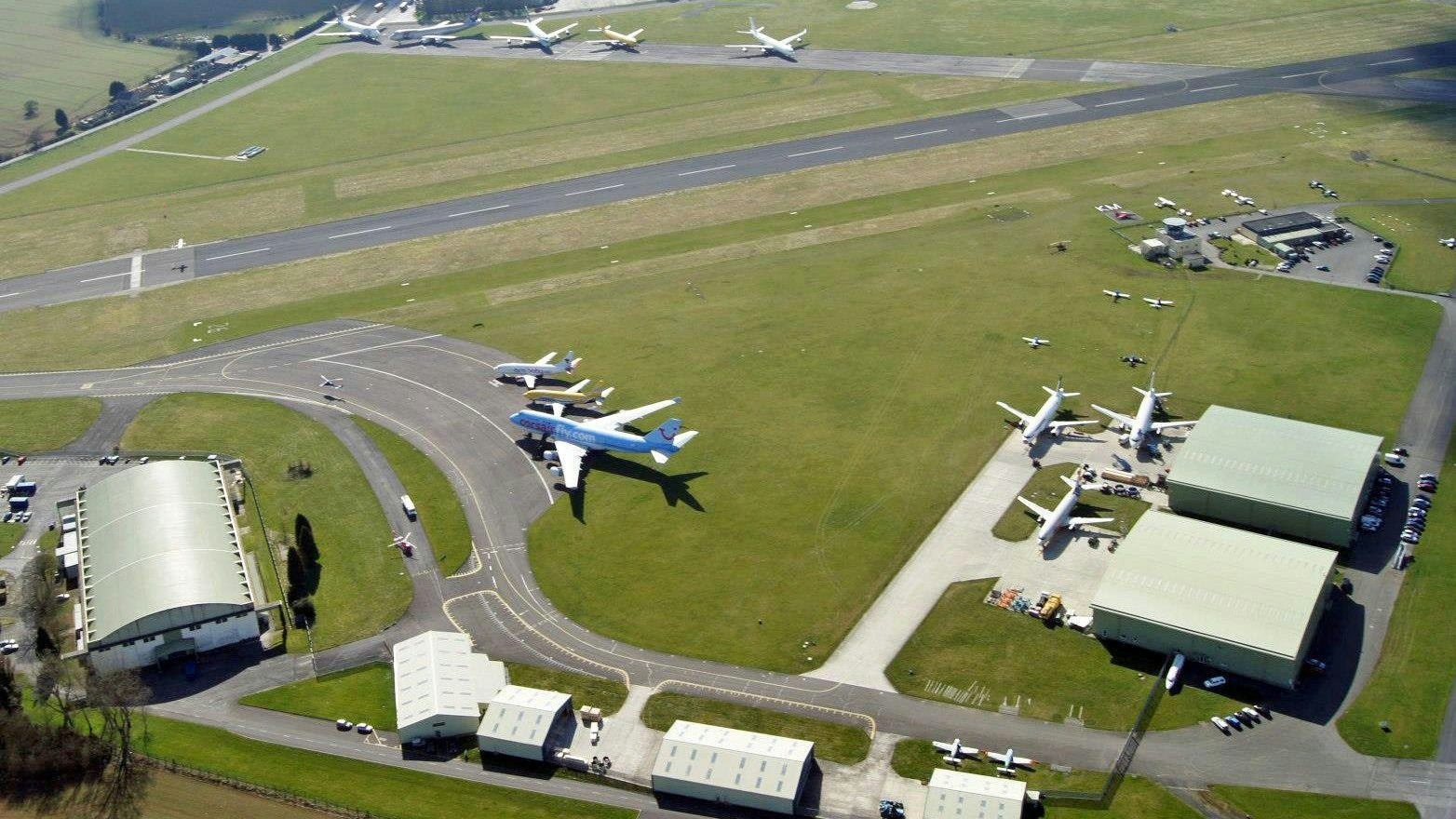
Young Aircraft Retired Early for Engine Salvage
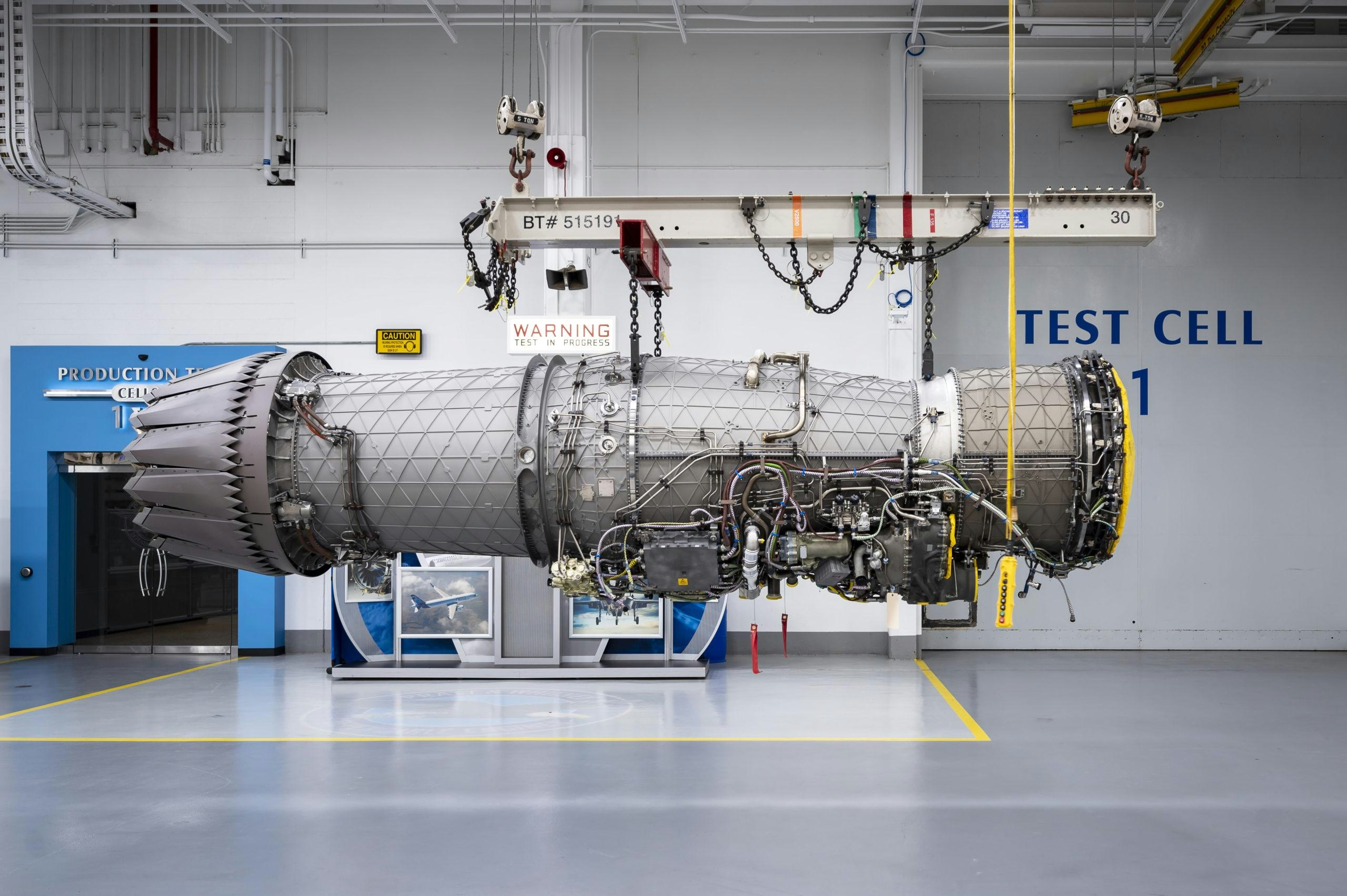
Data Centers Adopt Aviation Engines for Power Generation
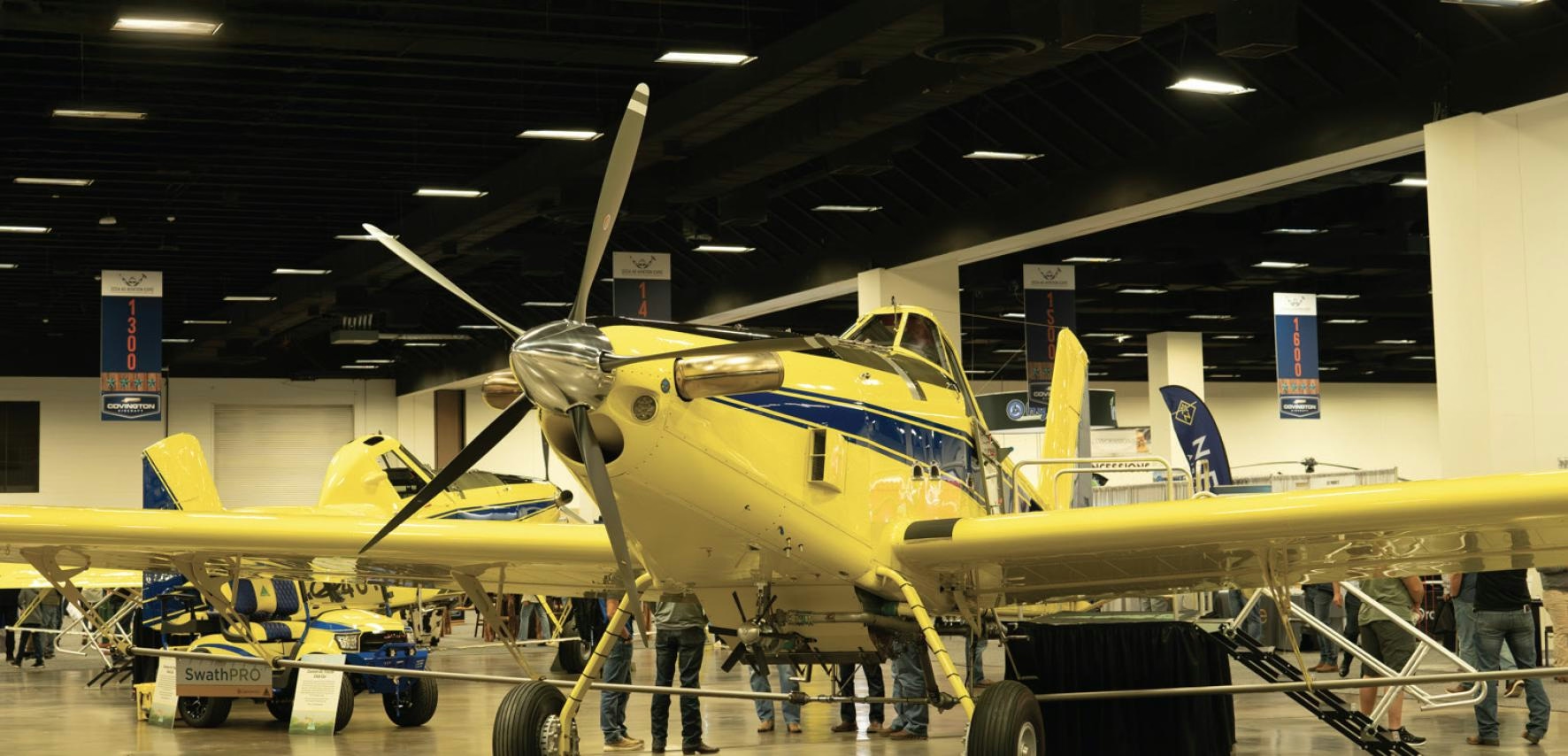
Turbine Conversions Ltd. Marks 35 Years in Ag Aviation and 25 Years of Single Point Fueling
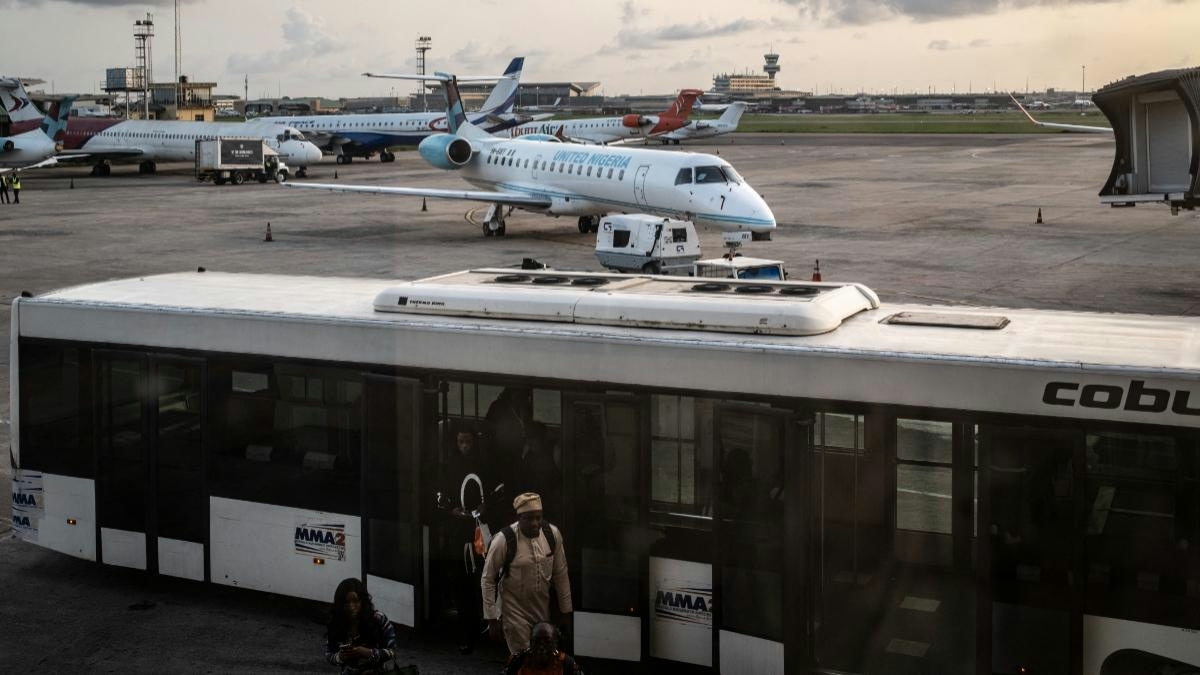
Brazilian, Chinese, and UK Airlines Target Nigerian Domestic Market for Expansion
